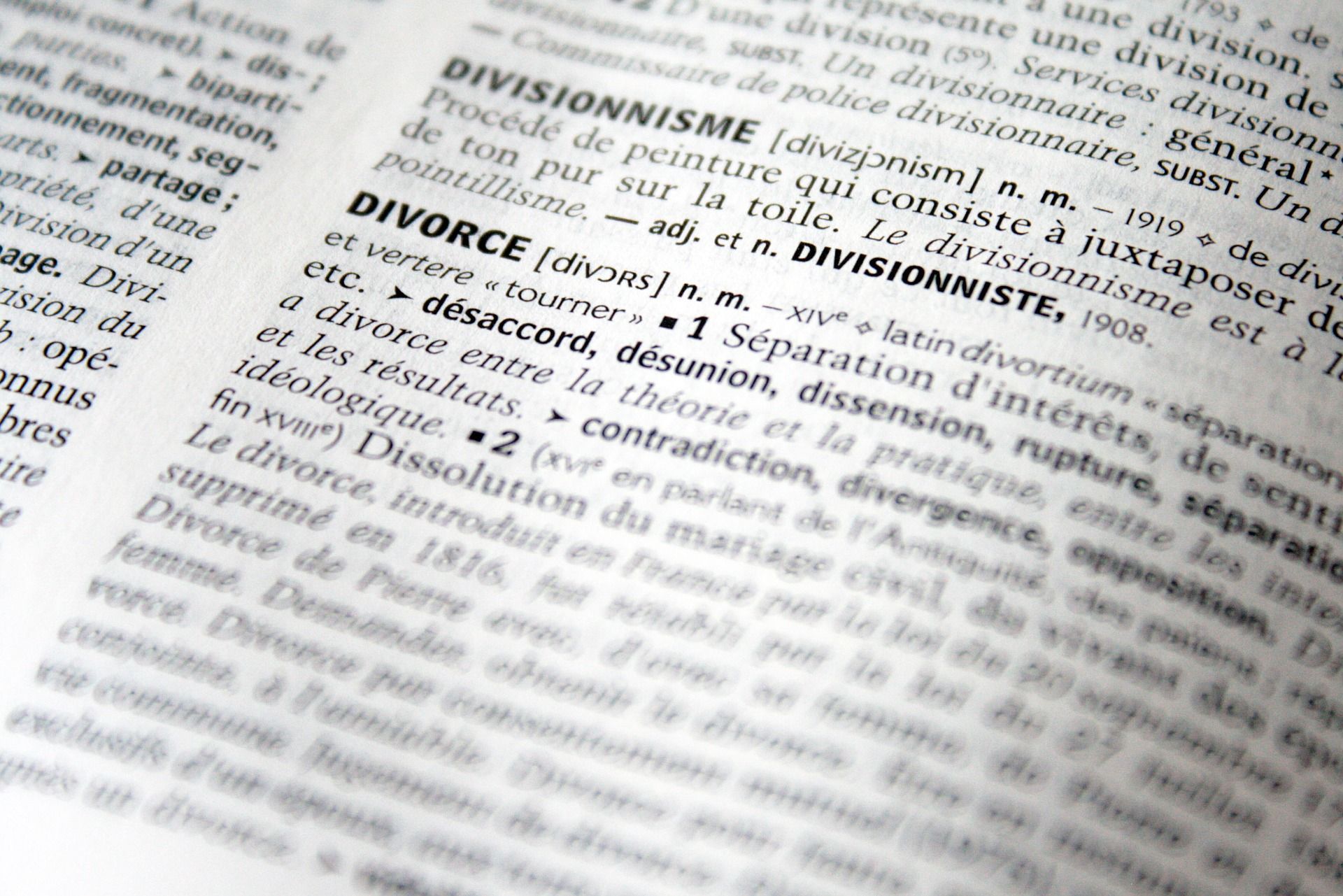
Obtaining a Divorce From Bed & Board
You may have heard some people talk about a divorce from bed and board. This is an option for some but not ideal as there are limitations to this type of “divorce.” I use the term, “divorce,” loosely as a divorce from bed and board does have some similarities to an absolute divorce but the limitations may outweigh any benefit to some. The best way to describe a divorce from bed and board is a legal separation or judicial separation. This is a formal complaint for a separation allowing the court to decide issues and “terminate” the marriage. The spouses are divorced, but, as I mentioned, with limits. Neither spouse is allowed to remarry unless a second court ruling grants them an absolute divorce, a vincula matrimonial (from the bond of marriage). Most people obtain a legal separation if they aren’t ready to commit to an absolute divorce, but Arkansas will grant a mens et thoro (“from bed and board”). With all of these limitations, why would someone get a divorce from bed and board rather than an absolute divorce?
A court will grant a moving party (the person moving from the “bed and board”, the home) a divorce from bed and board if they can prove to a court that his or her spouse:
- Abandoned the family
- Engaged in cruel treatment that endangered the life of the party moving or children in the home;
- The spouse has made the moving party’s life intolerable or burdensome either through indignities or excessive use of drugs or alcohol; or
- If someone has religious or moral objections to an absolute divorce or official termination of the marital bond.
There are a few other reasons a judge may grant a divorce from bed and board, but these are among the most common. If the court grants a party a divorce from bed and board, they can also order the spouse at fault to leave the marital residence if he or she refuses to do so.
Couples that receive a divorce from bed and board can still file their tax return together and the parties are still allowed to own property as “tenants by the entirety,” which is typically for only married couples. A spouse can include the other on a health insurance plan. Although this is a limited divorce, a couple must be able to show adequate legal grounds just as in the absolute divorce.
In addition to a divorce from bed and board, there are two other options: absolute divorce and separate maintenance.
- An absolute divorce is what most people are referring to when they are talking about divorce. This ends the marriage permanently without limitations. At least one of the party's to the divorce must be able to prove adequate grounds to end the marriage, i.e., adultery, irreconcilable differences.
- Separate maintenance pretty much boils down to alimony or support paid from one spouse to another. For separate maintenance, a party to the divorce does not need to prove any fault grounds. One only needs to be able to show there is a need for divorce.
Why is there a need for so many options? The best way to sum it up is that every marriage or in this case, every ending marriage, are not one-size-fits-all and should never be treated as such. Kevin Hickey Law Partners knows that every situation is unique and requires careful attention and due diligence. We help clients carefully consider all options and determine what is best for you. Contact Kevin Hickey Law Partners today to discuss specifics about your divorce.
